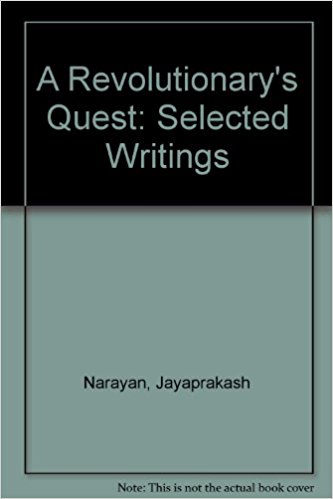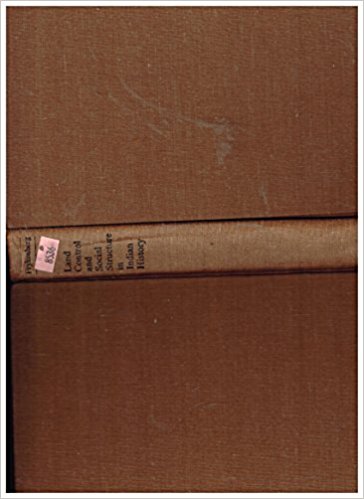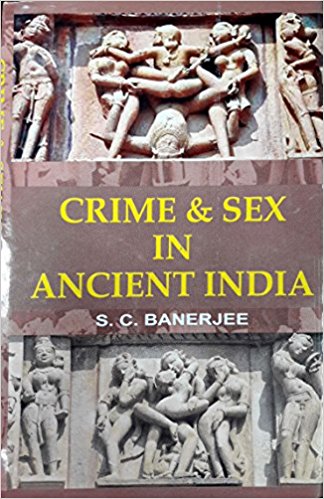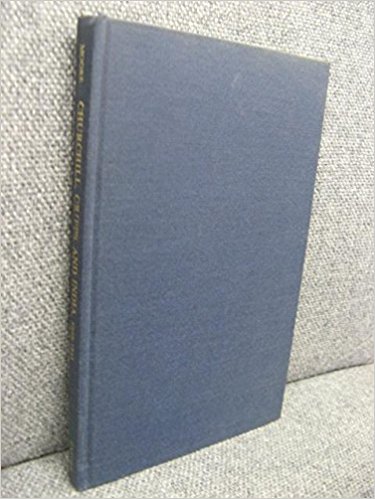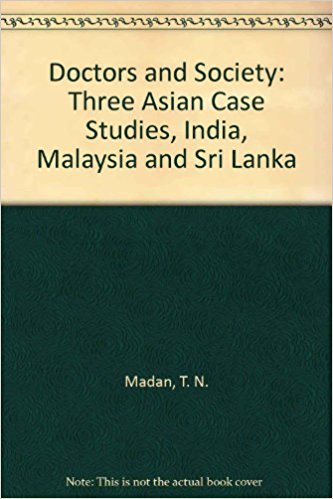Reading Islands in the Stream in translation almost thirty years after it was originally published in Hindi, it is difficult to visualize how it could have stirred up such controversy or earned so much disapproval.
Archives
Sept-Oct 1980 . VOLUME 5, NUMBER 9/10Newly-married women being tortured to death for the sake of dowry has become such a common event these days that it has almost ceased to shock. And here, in the routine appearance of small in.
Nobody may dispute that Jayaprakash Narayan, popularly called JP, has been an important factor in Indian polity for about half a century. Starting as a Marxist (while a student in the United States of America!), he became a votary of non-violence under Gandhi’s influence and took part in the various satyagraha movements launched by the Mahatma for the country’s freedom.
Shiv K. Kumar made his name in the Indian literary world as a poet. He is also a highly successful member of academe as can be seen from the impressive string of appointments listed in the biographical note on the back jacket of his collection of short stories.
This book won considerable acclaim when it was first published (by Virago) in 1978 for its exposure of the terrible condition of Asian Women workers in Britain. This book is more a political document than a sociological monograph—while it is based on a series of interviews with Asian Women it is not so much a survey of conditions as demonstration of their nascent political unity.
Nobody may dispute that Jayaprakash Narayan, popularly called JP, has been an important factor in Indian polity for about half a century. Starting as a Marxist (while a student in the United States of America!), he became a votary of non-violence under Gandhi’s influence and took part in the various satyagraha movements launched by the Mahatma for the country’s freedom.
The collection of papers under review was first published in 1969, five years after they first felt the heat of discussion at a seminar, at the University of Wisconsin. The continuing demand for them and the response aroused by them are the reasons offered by the editor for the second edition.
Crime and Sex in Ancient India deals with the crimes and sexual aberrations prevalent in ancient India and the punishments meted out. The title is rather a misnomer as the volume does not relate crime and sex to each other even though one can gather when sex became criminal to our ancients.
In his latest book, R.J. Moore traces the complicated course of the war-time efforts of Stafford Cripps to bring the Indian leaders into the Government and thereby behind the war effort.
Thanks to the spread of science and the mass media, Nepal—alas—has lost its old-world charm. It has ceased to be a land of mystery with its gods and goddesses, its pagoda-shaped temples and snow-clad mountains.
Although complete in itself, the book under review has to be read in continuation of the author’s work published earlier this year, The Origin and Development of Islam (Orient Longman; 1980; pp. 247; Rs. 65). It appears that the two books were originally conceived as one.
One fact about the book is that it is a revised version of the general secretary’s report to the 22nd national conference of the All-India Kisan Sabha (AIKS) held at Vijayawada in June last year.
The book is an outcome of a project initiated by UNESCO to undertake cross-cultural studies of doctors in the context of development and modernization.
1980
New trends in social science research indicate a major departure in the assessment of the role of the researcher or the investigator. The traditional role of the researcher as a detached and ‘neutral’ analyst, while it proved suitable to a certain extent to describe the world as it exists, hardly equipped him to work for changing it.
This is a well-researched and thought-provoking analysis of the ‘informal sector’ in urban Delhi: a segment of urban economy—which so far has attracted only the ‘cursory attention of demographers and social scientists’.
THIS is a book about the immediate past and the distant future of mankind. It looks at the recent development experience of the world, particularly Taiwan and South Korea, and goes on to make predictions and give advice. But that is not all, for this is a book of disconcerting diversity.




